Key Takeaways and Pro Tips
The potential arrival of Sports Corporations in Argentine soccer generates a passionate debate. Modernization or loss of identity? Growth opportunity or threat to the essence of national soccer? Only time will tell which path the beautiful game will take in Argentina.
-
Foreign Interest: Entrepreneurs like Foster Gillett (USA) and the Mas brothers (Inter Miami) show interest in investing in Argentine soccer.
-
SAD Model on the Horizon: Sports Corporations are being explored as an alternative to modernize club management.
-
Javier Milei and SADs: The Argentine president met with the Mas brothers to discuss the viability of this model.
-
Growth Opportunity: SADs could attract investment, improve infrastructure, and professionalize club management.
-
Debate: The possible arrival of SADs generates debate regarding the identity of Argentine soccer and its traditional model, but it's clear that it's a logical step, as in all advanced leagues worldwide. This allows for enormous investment in multi-actions that improve the quality of youth divisions, users, club structures, and the experiences of their followers. It also generates significant growth in services and the economy surrounding clubs.
Synoptic Table: The Future of Argentine Soccer
|
Aspect |
Current Scenario |
Potential with SADs |
|
Management |
Mostly social and sports clubs |
Sports Corporations (SADs) |
|
Financing |
Economic difficulties, debts |
Attraction of private investment |
|
Infrastructure |
Limited in many cases |
Possibility of significant improvements |
|
Salaries |
Low compared to other leagues |
Potential increase and international competitiveness |
The era of business expansion, experiences, and services in sports passion
Argentine Soccer: Talent in Search of Structure
Argentina celebrates its national team's consecration, but behind the euphoria lies a complex reality. Most clubs face financial difficulties, lack of infrastructure, and obsolete management models.
An Evident Lag:
Salaries, bonuses, and conditions for Argentine players are far below those of less relevant leagues. Lack of investment and resistance to modern management models have generated stagnation that limits the potential of national soccer.
Foster Gillett: A Name That Resonates in the Transfer Market
Foster Gillett, an American entrepreneur with experience in sports management (former owner of Liverpool FC), has set his sights on Argentina. His approach to Estudiantes de La Plata and conversations with other clubs have sparked interest among fans and the press.
The Attraction of Argentine Talent:
Argentina's ability to produce world-class players is undeniable. Gillett, like other investors, sees in Argentine soccer a unique opportunity to obtain sporting and economic returns.
Follow us on: IG: @infonegociosmiami
Inter Miami and Sports Diplomacy:
The visit of the Mas brothers, owners of Inter Miami, to Argentina wasn't limited to gifting a Messi-signed jersey to President Milei. The meeting aimed to explore investment possibilities in Argentine soccer, especially under the Sports Corporation model.
A Paradigm Shift:
Implementing SADs would imply a radical change in Argentine soccer management, with the entry of private capital and the professionalization of administrative structures.
-
Subscribe for free to receive the most strategic, agile, and valuable insights at: https://infonegocios.miami/suscribite-al-newsletter
Infonegocios NETWORK: 4.5 million Anglo-Latinos united by a passion for business.
-
Contact Infonegocios MIAMI:[email protected]
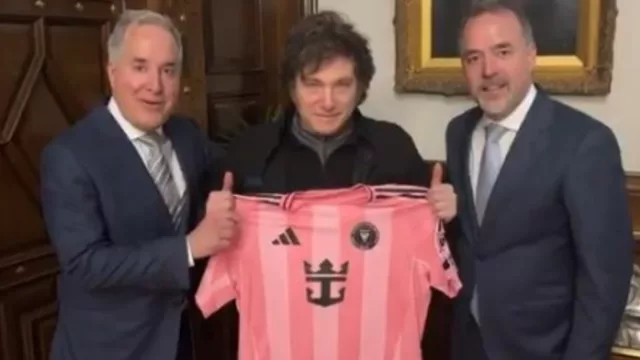


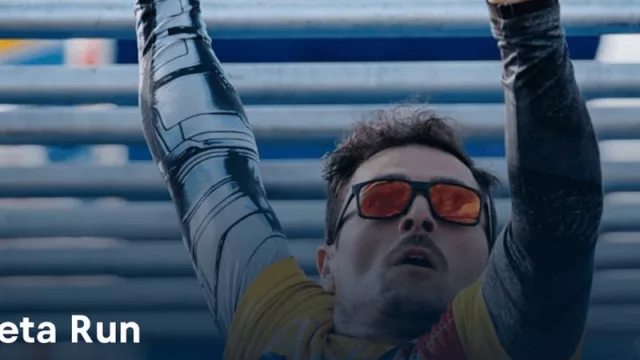

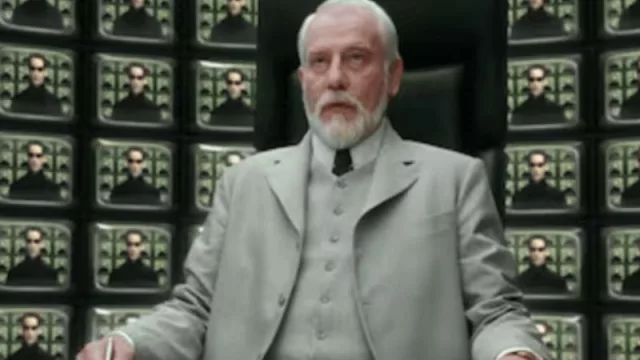
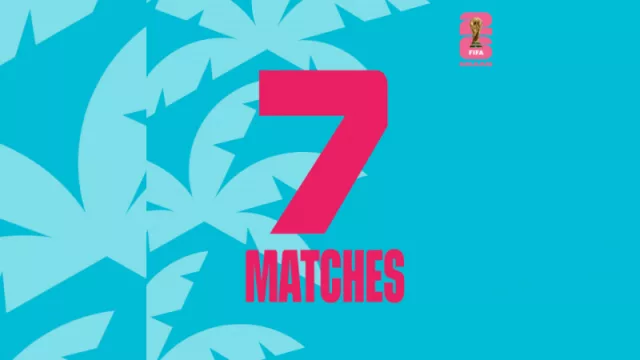


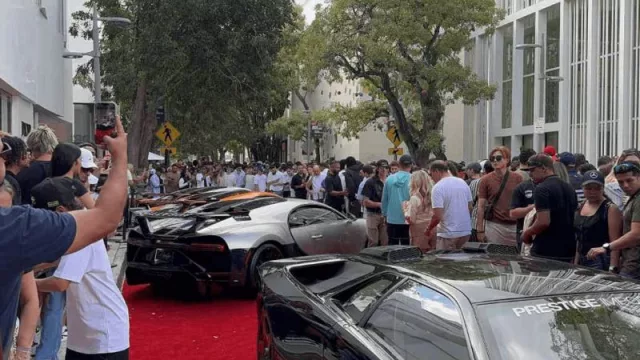
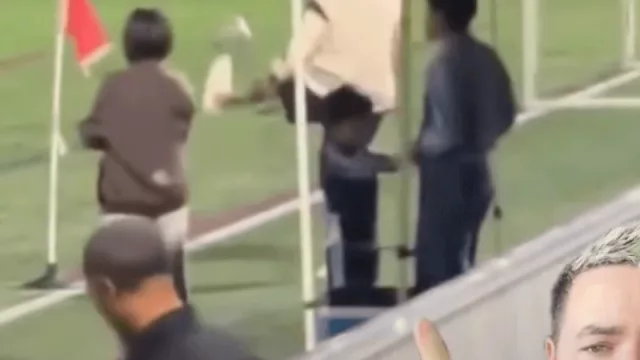

Tu opinión enriquece este artículo: